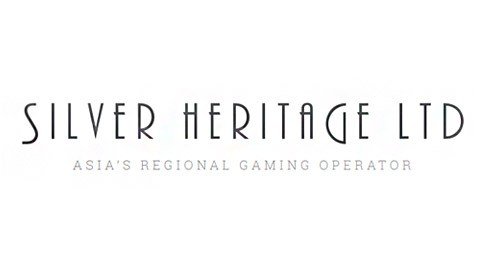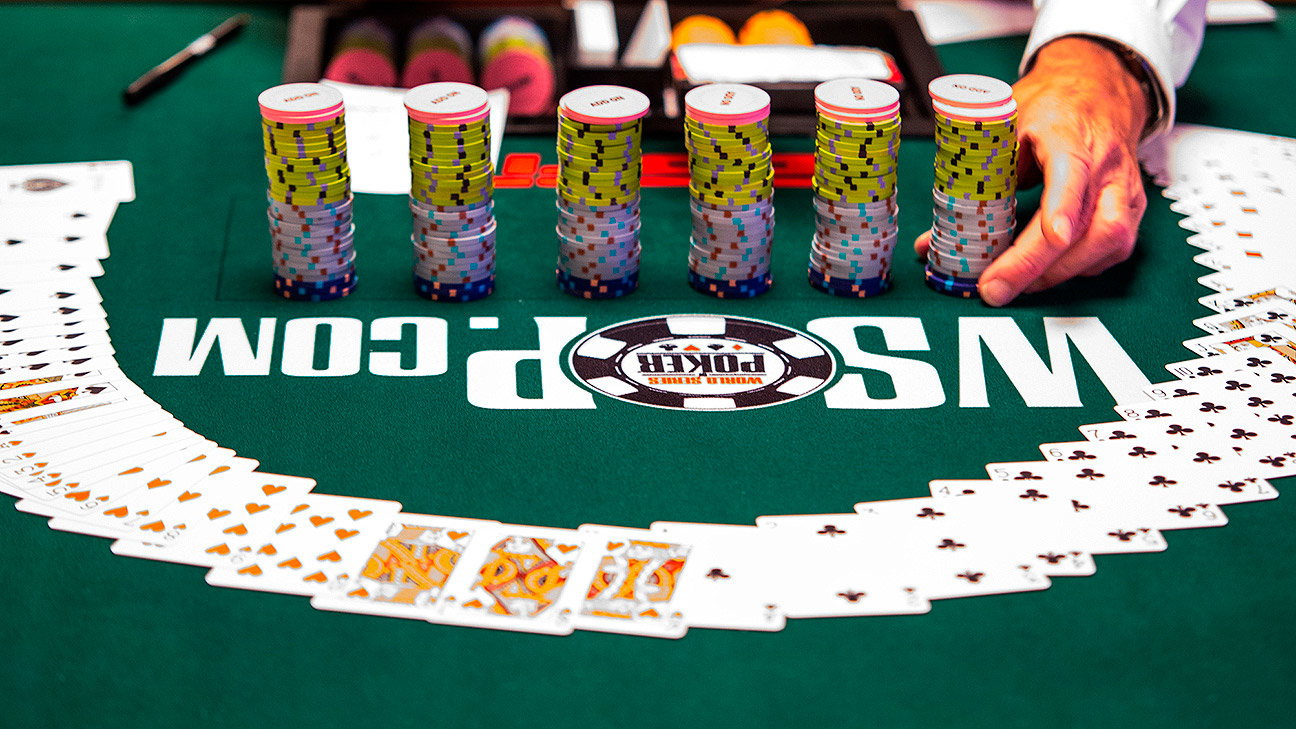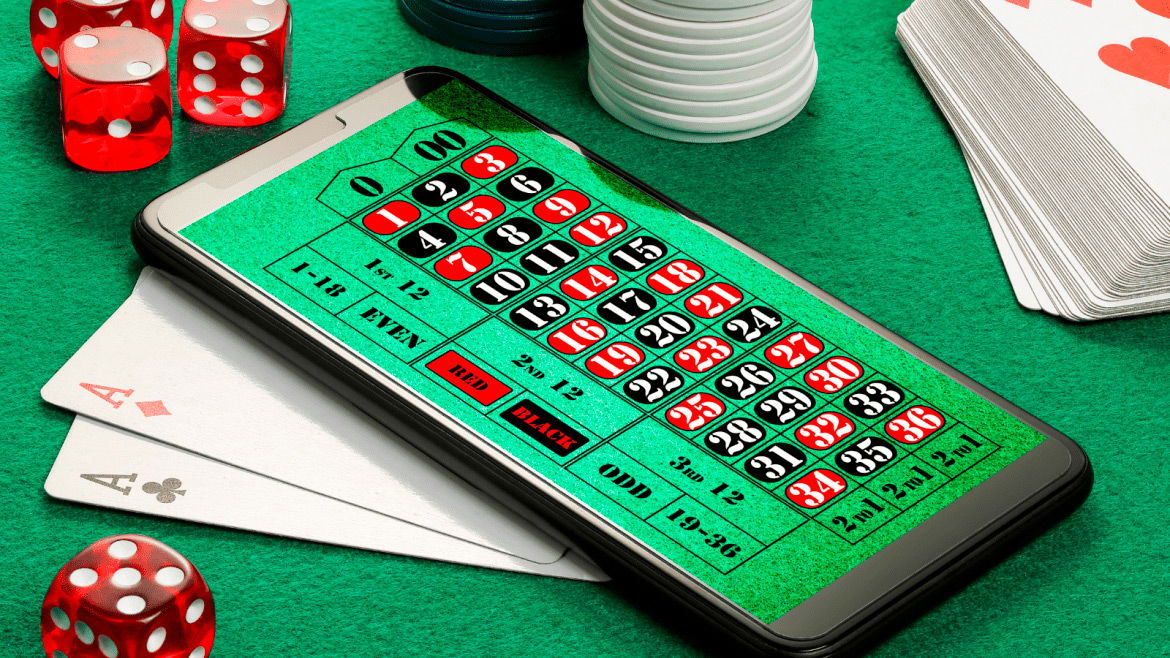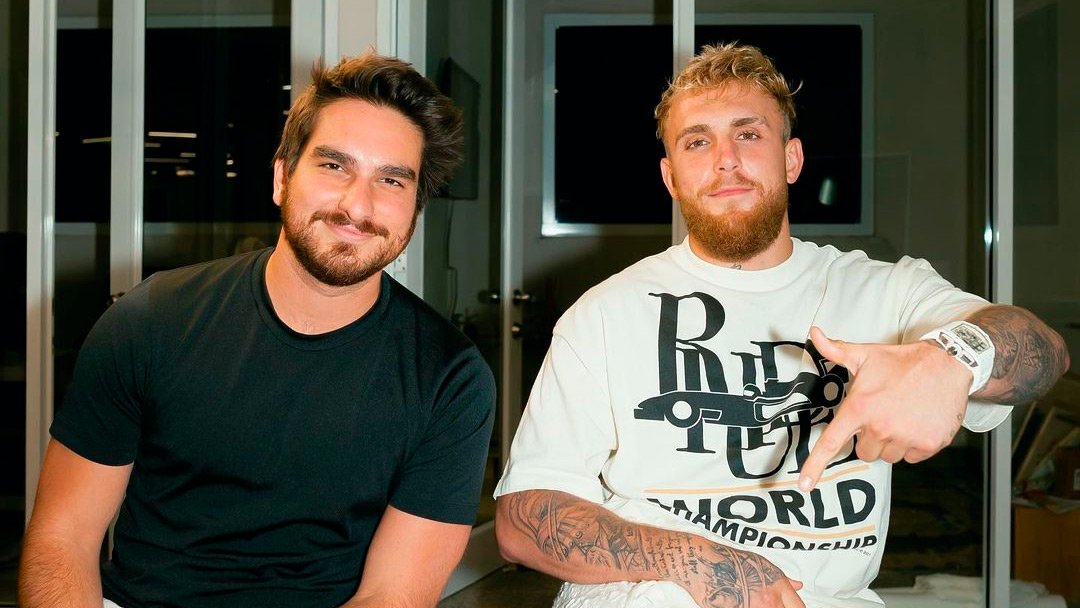Silver Heritage plans USD120 M IPO for Nepal, elsewhere

The money from the initial public offering (IPO) would help pay for a chain of four new border casinos in Nepal – under the branding Tiger Palace – designed to serve a large and prosperous population in neighbouring North India.
The firm’s executive director Tim Shepherd said that Australia’s Crown Resorts had decided not to go ahead with a resort development in India’s southern neighbour Sri Lanka was likely to bolster Silver Heritage’s own business plan. Crown’s decision came after Sri Lanka’s new government blocked plans for a casino at Crown’s proposed US$400-million resort.
“The Nepal casino market and the Sri Lanka gaming market are both focusing on attracting Indian players,” Mr Shepherd said. “It is not a China story in the manner of casino resorts in places like South Korea,” he added. “We feel that by seeking to invest in Nepal, we have picked the right market.”
Silver Heritage’s IPO proceeds would also help fund a total of up to 30 new bingo parlours to be operated in the Philippines under the Millionaire’s Club brand. “We’re looking at a March listing on the ASX,” Mr Shepherd told stated. “The range the bankers have given us is US$80 million to US$120 million in net fees, as a valuation of the business,” he added.
Mr Shepherd stated the firm had additionally raised US$45 million in June 2014. He said that raised cash would pay for the first Nepal resort and at least 10 Philippine bingo outlets. It would also pay for a majority equity stake in a boutique casino called Phoenix International Club, near Hanoi, Vietnam, that the firm currently manages – should the firm seek to exercise an option provided by the current owners. “We’re already funded through to 2016, but we think the time is right for a listing,” explained Mr Shepherd.
“The stock will be where the market takes it. But we think with our pipeline of projects this could be a half-billion [US] dollar company, which is what Donaco is today with 40 tables and 30 slots on the Vietnam border with China,” added the executive.
He was referring to ASX-listed Donaco International, which operates a casino hotel called Aristo International in Vietnam’s northern province of Lao Cai, bordering China’s Yunnan province. Donaco announced on January 30 that it was planning to acquire an additional casino resort in Cambodia.
Silver Heritage was founded in 2003 and began as an operator of slot machine halls in Asian regional markets. The company now runs more than 1,000 electronic table gaming and slot machines across the region, on long-term revenue share contracts with licensed casinos. But it has also grown into an operator and manager of casinos in its own right, including the Phoenix International Club, which it describes as the nearest “live casino resort” to the Vietnamese capital Hanoi. On December 1, Silver Heritage announced it would launch a new casino operation at the Shangri-La Hotel and Resort in Kathmandu, the capital city of Nepal. The new casino “is expected to open its doors during the first quarter of 2015,” the firm said in a press release.
Additionally, Silver Heritage says it has “”first mover” advantage in the Nepal market regarding creation of a chain of brand-new five-star international standard casino resorts. It adds it has already secured approvals from Nepal government and the country’s Central Reserve Bank.
Silver Heritage will open its first Tiger Palace venue in 2016, only a few kilometers from the Indian border and therefore serving what it describes as “the largest untapped gaming market in the world”.
It will be at Bhairahawa (pictured), 265 kilometers (165 miles) west of Kathmandu and the most popular tourist border crossing between Nepal and India. It has 300 rooms built over two phases, it will include conference facilities, restaurants, family entertainment and activity centres, wedding venues and a casino.
By 2018 the firm expects to be operating more than 500 table games and 2,000 electronic gaming machines at four Tiger Palace locations, each with hundreds of hotel rooms and featuring meeting, conference, wedding and entertainment facilities.
“The first one is fully-funded and has a US$25 million capex [capital expenditure]. It’s very simple [in layout], with 100 rooms, three villas and swimming pools. We will be looking initially to operate 50 tables and 250 slots per resort.”
He added: “We have about 8 hectares of land that we bought at various locations. The footprint of the first resort is probably about 3.5 hectares.”
Mr Shepherd said the Indian middle class was currently under-served within India regarding all sorts of entertainment and was willing to travel long distances to find it.
He stated: “Of the 400 million Indians who live along the 1,500-kilometre border India shares with Nepal, maybe 10 percent of them have true disposable income. That’s from official figures. Unofficially, who knows? “Indians are traveling vast distances for entertainment. There is a rising middle class. We previously ran a small border operation in Nepal with three tables and about 30 or 40 slot machines. The tables did about US$500 per day, and the slot machines were probably US$80 to US$90 each per day. People drove from Delhi to get to this small place.”
Another positive factor, said the executive, is that the border is open 24 hours per day, seven days per week. “Indians and Nepalese do not need to use passports to cross. They can just walk back and forth,” he explained. Additionally, said Mr Shepherd, the Nepalese rupee is tied to the Indian rupee, avoiding the need for special permission for cross-border currency movements. “We will be playing in Indian rupees on the tables or U.S. dollars,” he stated.
The games that Indian players favor are “the complete reverse of Macau,” he said. “They want to play roulette, not baccarat. Currently the two biggest places in the world for roulette games in casinos are Durban in South Africa, and Birmingham in the U.K. – two cities with massive Indian populations,” he added.
“Another game Indian players like is teen patti. They also call it flush – it’s a three of a kind game almost the same as 3-card brag. When you play it in a casino, the house takes an edge. When you play it among friends the winner takes the pot. In the casino it’s a 5 percent hold for the house.”
He added: “Of the 22 tables at the Shangri-La that we’re opening, maybe a third of them will be Indian games. Another 50 percent will be roulette, and the final two to four will be for the Chinese players – with baccarat and blackjack.”
Mr Shepherd said that as well as offering international standard venues along the border – something that “nobody else was doing” – the company has also put the case to the Nepal government that an upgraded local casino industry could also produce more tax income. “The original rules governing gaming in Nepal date back to the early 1960s,” the executive said.
“Nepalese were banned from entering the casinos, and over time there were amendments to what in essence were a fairly simple set of rules. There wasn’t a gaming law per se. So Silver Heritage, keen on entering the market, worked with the government, and made suggestions to the tourism department to bring in a set of updated rules.”
Previously there was a US$200,000 flat tax per year to run a casino in a 5-star hotel, and a flat tax of about US$150,000 per year to run electronic-only gaming facilities in a 3-star hotel or below, said Tim Shepherd. The government has now decided to raise the annual casino fee for a 5-star hotel to US$400,000, concluded the executive.
Regarding the other uses for Silver Heritage’s IPO funds, Mr Shepherd said the company planned to follow an aggregation strategy for its Philippines bingo hall business, buying up under-performing venues from other operators and relaunching them under a single, nationally-recognized branding. The firm added that by 2016 the Phoenix International Club in Vietnam is due to have 120 rooms serving at least 30 gaming tables and 100 electronic gaming machines.














































